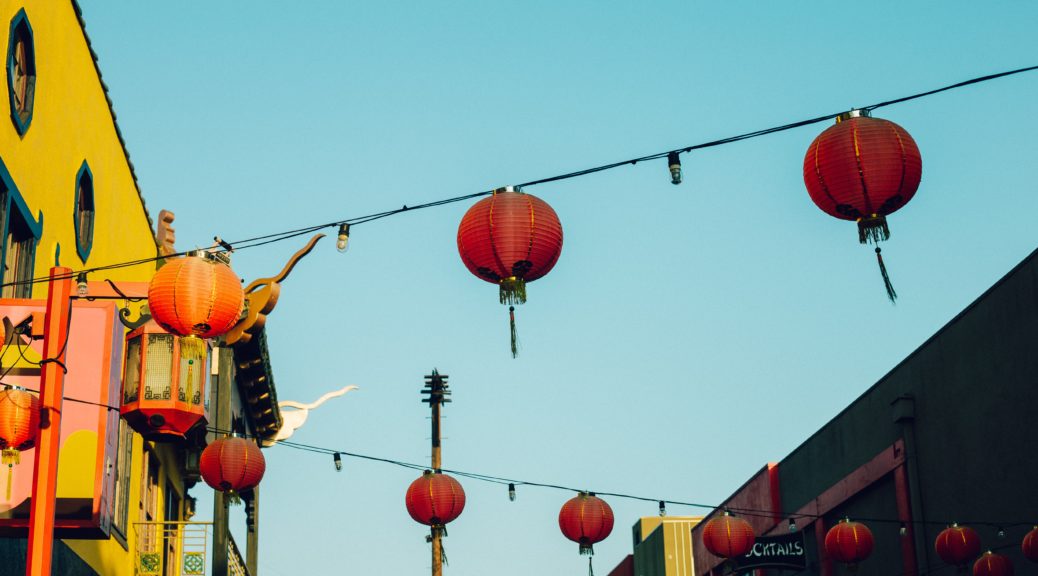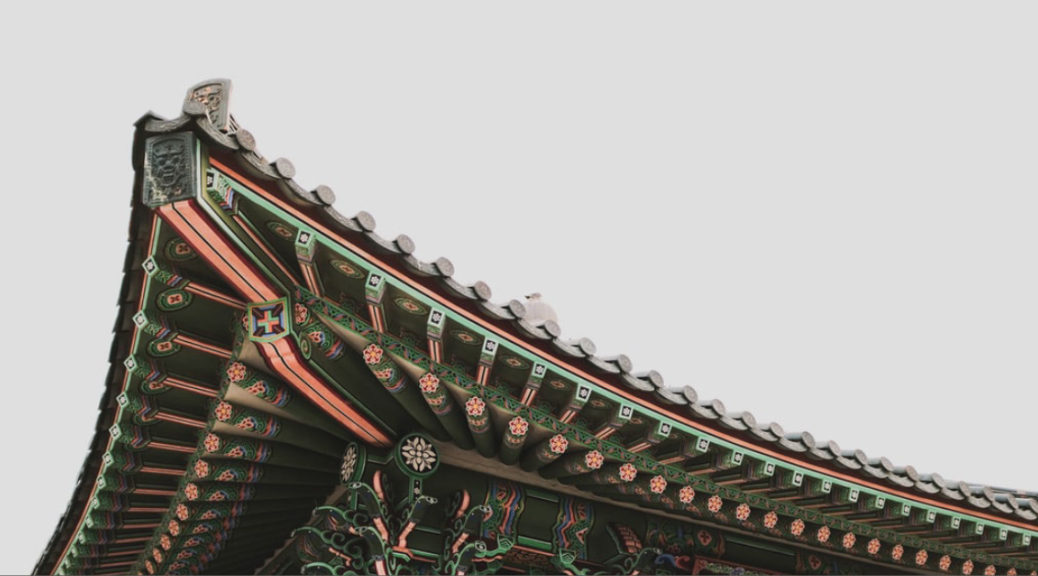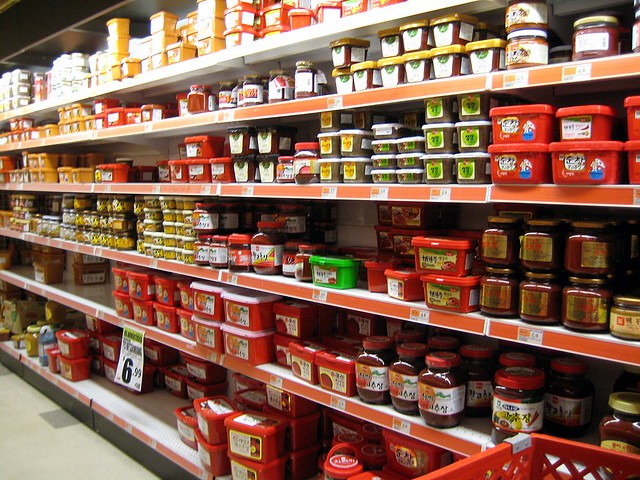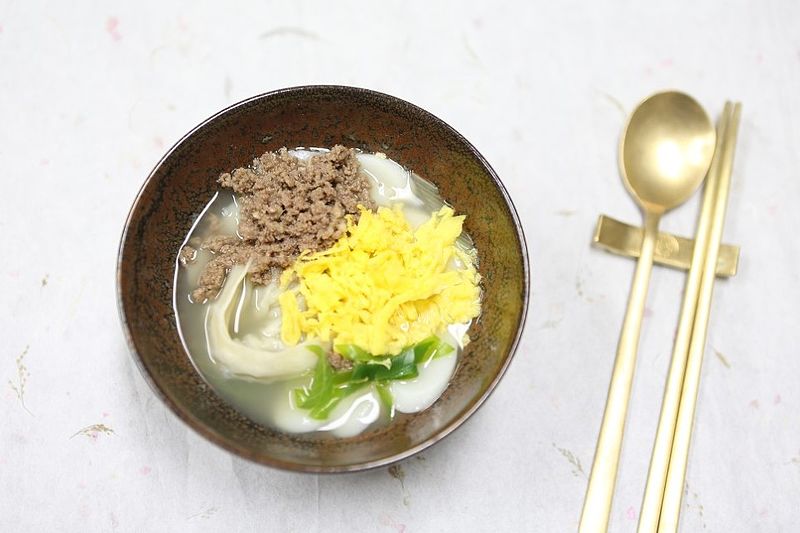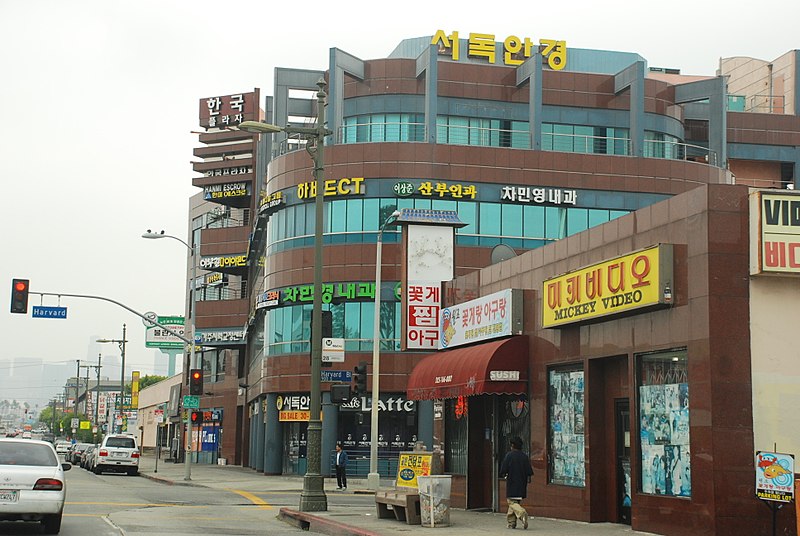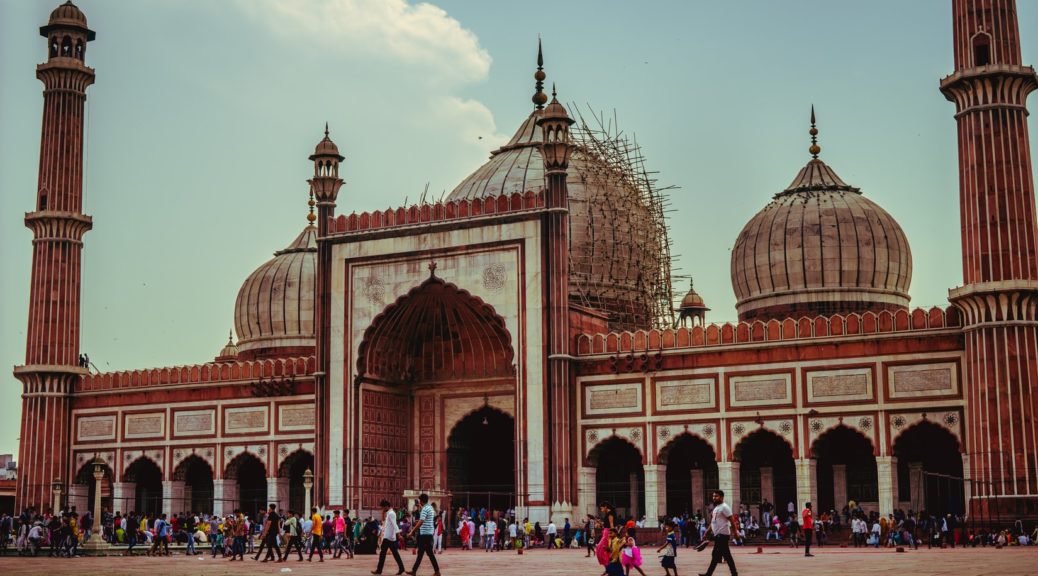By Sarah Ta
[3 minute read]
My identity has always been something that I could never quite pin down. When I was younger, I believed that I knew myself inside and out, and thought I could predict what my future self would be like. As I’ve gotten older and just a little bit wiser, I can say for certain that my past self was wrong. I am constantly changing and even if I continue to use the same terms to describe myself, those terms hold an entirely different meaning to me now than they did five years ago. One of those terms is “Asian American”.
While I have always known that I was Asian and identified as such, I didn’t feel the need to specify that I was also American. After all, I knew I was born in the United States and since most of my elementary classmates were as well, it was just something we all accepted. It wasn’t until I moved the summer before 7th grade when the need to specify that I was American came about. I went from a predominantly Asian school to a predominantly Hispanic/Latino school and suddenly, me being American was no longer a given. It took several months of being questioned about whether I was born here and what my ethnicity was before things finally settled down and everyone moved on with their lives. However, their questioning left me more unsure of my own identity than I would have liked to admit. Just identifying as Asian no longer felt adequate enough, but with my limited vocabulary and knowledge, I pushed my small identity crisis aside and continued on with my carefree middle school days.

It wasn’t until high school that I discovered the term Asian American. By then, my little identity crisis had been almost forgotten. I don’t remember how I came across the term, but once I did, it was like a light bulb had lit up inside my head. That was the term that I had been unconsciously searching for since middle school, and finding it was like finding the missing piece to my identity puzzle. While I continue to identify as Asian American, the meaning of that term has changed since then. Being Asian American used to mean that while my ancestry was Asian, I was born here and so that made me American. There was a clear line between those two categories, but I just happened to be in both. Now, I realize that there is no line. Being Asian American is a melting pot of many different experiences and it is not something that can be easily separated into nice, neat categories. Even though it can be a confusing mess at times, it is one that I have never been more proud to be a part of, and every day I am learning more about my culture and how my identity shapes who I am.
Featured Image by Christina Boemio on Unsplash
Sarah is an undergraduate student from the San Gabriel Valley studying GeoDesign. In her free time, she enjoys reading, exploring L.A., trying new foods, and of course, meeting new people. She can speak conversational Cantonese, and is currently learning Mandarin. Even though her Chinese is limited, that doesn’t stop her from striking up a conversation with other international students.

